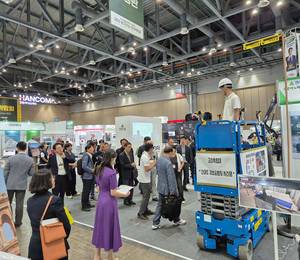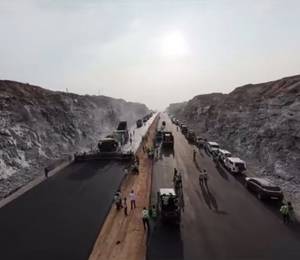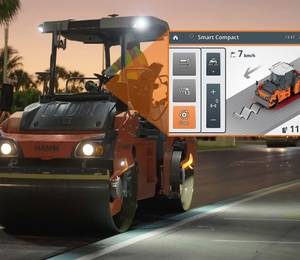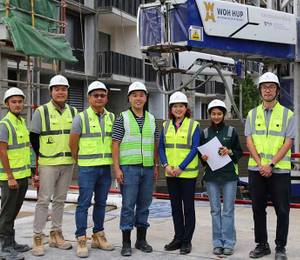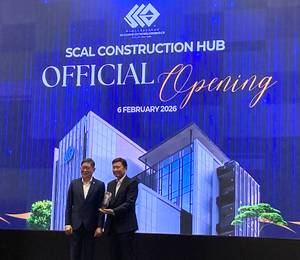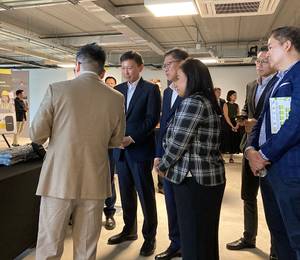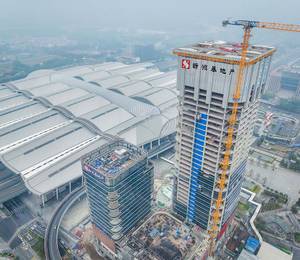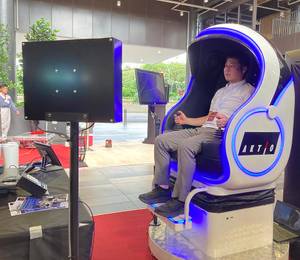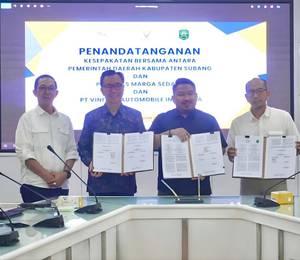Herrenknecht is set to play a key role in the construction of the Versova-Dahisar Link Road in Mumbai. The company will supply two mixshields, each with a diameter of 15,620 mm – which are believed to be the largest tunnel boring machines (TBMs) in India.
The Versova-Dahisar Link Road (VDLR) is the second phase of the Mumbai Coastal Road Project (MRCP), spanning a length of 22.93 km. Packages C & D are the two parallel underground tunnelling packages of VDLR project, each extending 3.1 km in length.
The planned project will connect the suburbs of Versova and Dahisar along Mumbai’s western coastline, easing traffic congestion on major routes such as the Western Express Highway. Underground tunnel sections will play a critical role, particularly in connecting sensitive areas such as the city centre and densely built urban regions.
The project owner, Brihanmumbai Municipal Corporation, and client Megha Engineering & Infrastructures Ltd (MEIL) rely on Herrenknecht’s expertise. The two mixshields are optimally designed for the challenging geological conditions of the region: slightly weathered basalt with a uniaxial compressive strength (UCS) of up to 150 MPa.
The overburden of the tunnels ranges between approximately 13 and 23 m. To ensure safe operations under these conditions, the TBMs are designed for a maximum operating pressure of 5 bar. The machines will be manufactured at Herrenknecht’s Chennai plant in India, using core components from the company’s Schwanau facility in Germany.
Upon completion, the Versova-Dahisar extension of the coastal road is expected to reduce the travel time by 70%. “The tunnel sections of the Versova-Dahisar Link Road are a prime example of sustainable urban mobility. We are proud to support this significant project with our cutting-edge technology,” said Dr.-Ing. E.h. Martin Herrenknecht, chairman of the board of management at Herrenknecht.
With its office in Delhi, a production facility in Chennai, and close partnerships with local stakeholders, Herrenknecht is driving the development of underground infrastructure in India. The company currently employs around 150 people in the region.
Furthermore, the Indian ambassador to Germany, Ajit Gupte, recently visited Herrenknecht’s headquarters in Schwanau. This visit included a tour of the production facilities and a discussion with the company’s management board. Mr Gupte highlighted that “Herrenknecht’s contribution to India’s infrastructure development impressively showcases the potential of collaboration between our two nations.”
